Being responsible is often an afterthought when you’re camping outdoors, under the spread of the stars and communing with nature.But it’s important to stay safe, know the lay of the land and be prepared for emergencies.Before heading out, it’s best to do a bit of research of where you’re going and what the weather will
Being responsible is often an afterthought when you’re camping outdoors, under the spread of the stars and communing with nature.But it’s important to stay safe, know the lay of the land and be prepared for emergencies.Before heading out, it’s best to do a bit of research of where you’re going and what the weather will be like while you’re there.
Prepare Your Gear
There are a million things you can bring with you on a camping trip, but you should prioritize the ones that can save you, your family or friends’ life.First-aid kits are worth every inch of space in your bag, as are emergency gear. Make a checklist in an app or by using pen and paper and write down these items- a whistle, compass, a basic tool kit, 2-way radios, heat lamps, lanterns or flashlights, bug spray, water and toilet paper. Check the list off as you put the things in your backpack.If you have the time, take a crash course on basic first aid and learn about the most common illnesses and injuries so you’ll know how to deal with them.
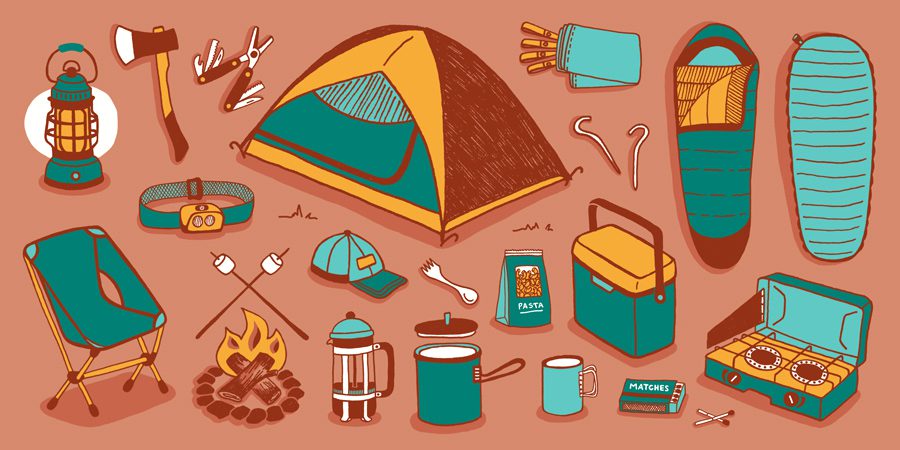
Weather Updates
It’s not enough to know about the area’s local flora and fauna. You will need to be aware of the environment, and if it can quickly shift from calm to calamitous. These days, it’s easy to know a particular campsite’s weather and prevailing conditions, thanks to the internet and dozens of weather apps and sites.Before leaving, it’s good practice to get the weather report. Bring along a compact and durable radio so you can tune in every now and then, which will be important the longer you plan to stay.Look out for telltale signs that the weather is about to get bad, e.g., an approaching storm or something similar. Then, act appropriately – keep away from lone trees, rocks, exposed places, ridge tops and streams when there’s a thunderstorm. It’s better to find shelter in a cluster of thick, tall trees and at a lower elevation. It should go without saying that you and your fellow campers should immediately seek shelter during inclement weather until it passes.
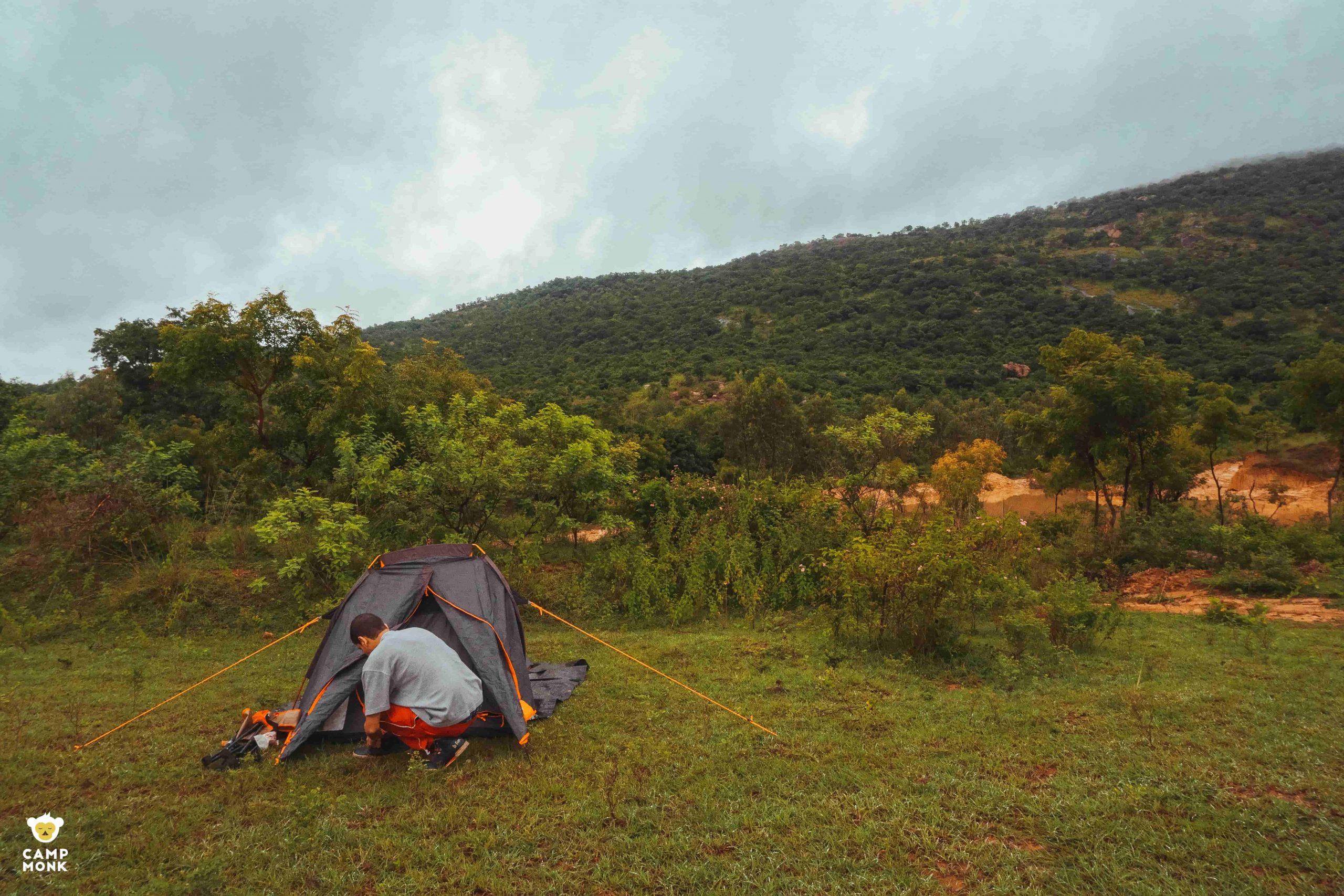
Follow Camp Rules and Code
Being a responsible camper means you’ll be observing the full rules and regulations set in the area. If the authorities or guidelines say that you can only set up camp at designated spots, then follow it. Rules are there for a reason, and more often than not it’s for your safety and the preservation of the immediate environment.
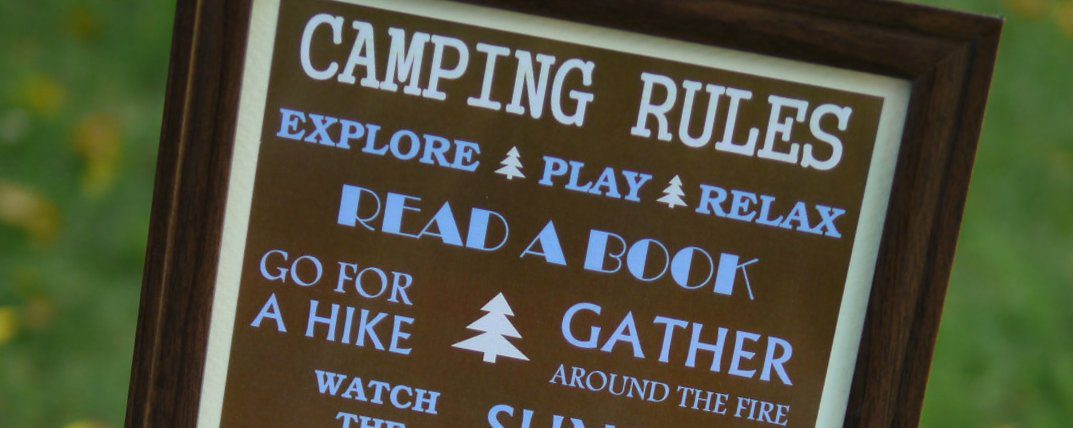
Set Up Camp Before Dark
The best time of day to embark on a camping trip is in the morning, which gives you enough time to drive to the destination and set up your tent before it goes dark. Give yourself at least two hours’ allowance to check the site and to establish a carefully thought-out base.Keep away at the edge of cliffs or hazards and minimize movement when night falls. If you really have to go on a short journey, e.g., to collect water, wood and other essential supplies, always bring a partner and both of you should have headlamps or flashlights. Stay on dry trail and developed paths as well.
Conserve Water
Water is such an important resource in camping. You use it to prepare meals, for drinking, brushing teeth and washing the dishes, but we tend to waste it because we’re accustomed to plenty.Therefore, it’s best to be mindful about your water consumption beginning day one. Don’t brush your teeth, take a shower or wash clothes near natural sources of water. Don’t assume that sparkling water from a river, stream or brook is safe to drink. More importantly, don’t forget to bring portable water filters or purifiers so you can survive even when the drinking water supply has run out.

Follow Leave no trace policy
Clean up after yourself when leaving so there’s little to no trace of your camp footprint. Responsible camping also means respecting nature, which means you shouldn’t intentionally try to destroy plants, shrubs, trees and animals.If bringing pets, make sure they’re on a leash and have their own food and water supply.Responsible outdoor camping is not that hard. All you need is a bit of planning, forethought and bringing everything you need to stay safe.
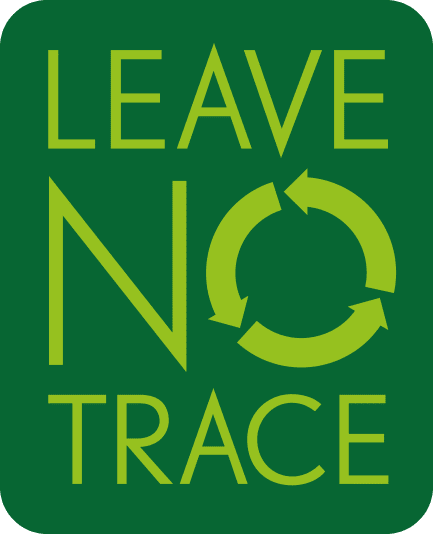
To check out our camps all across India – click here

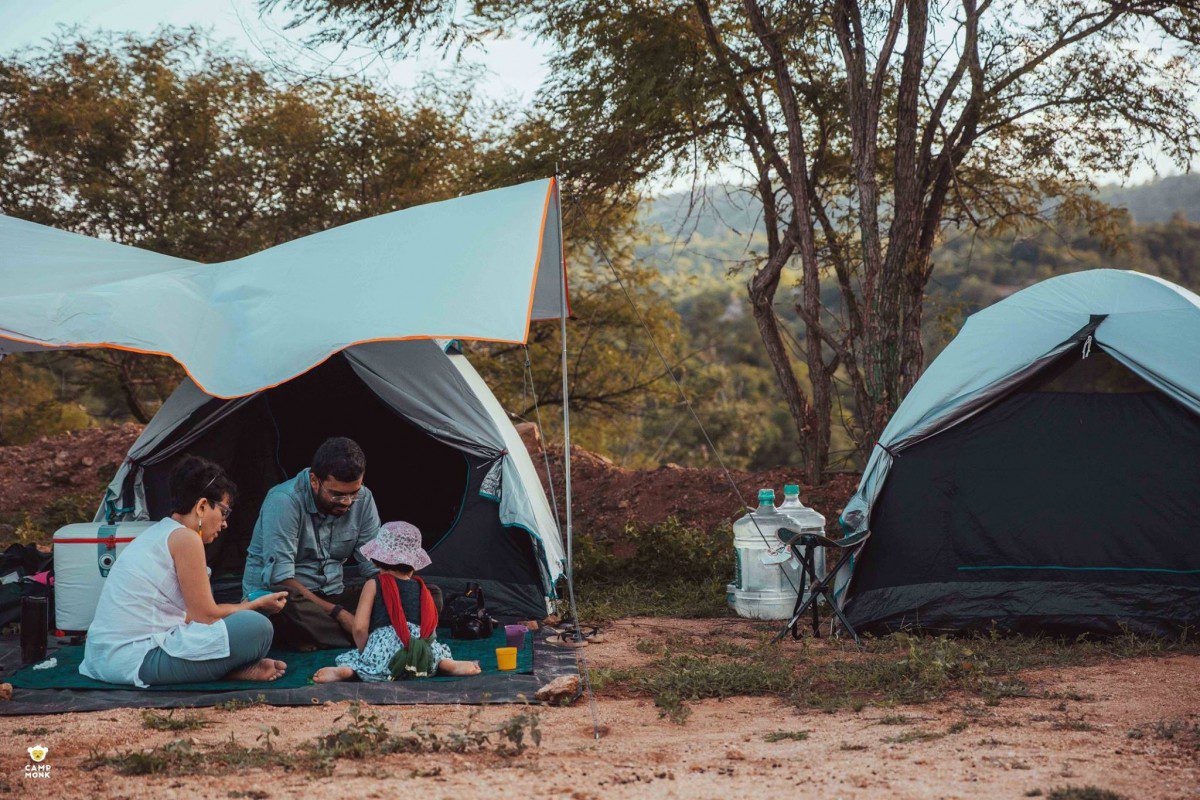
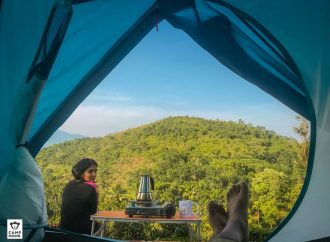

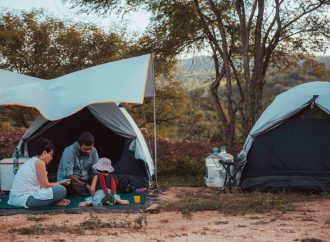
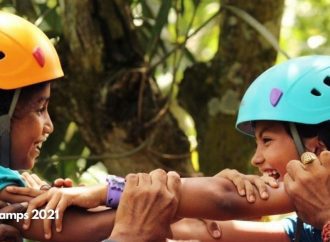
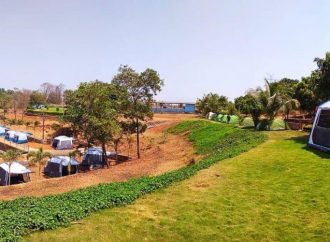
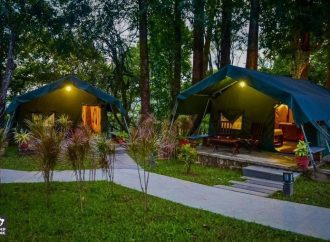



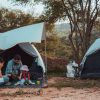



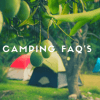

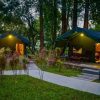
Leave a Comment
Your email address will not be published. Required fields are marked with *